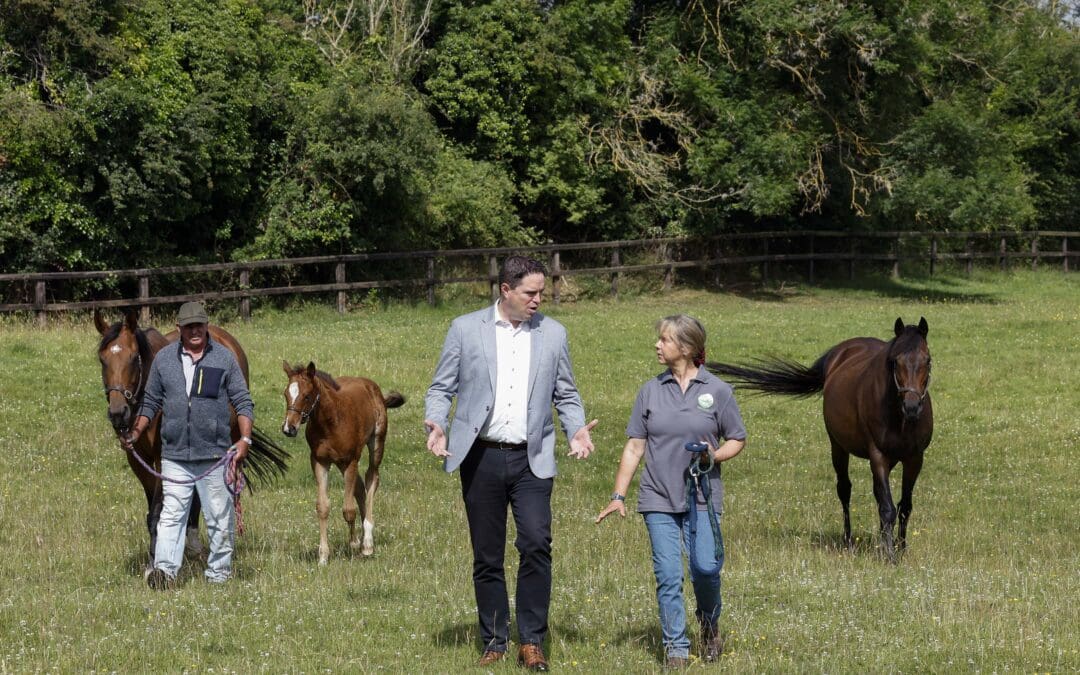Following the publication of the Climate Change Advisory Council’s annual review during the summer, the Joint Oireachtas Committee on Environment and Climate Action this week heard from Minister for Agriculture, Food and the Marine Charlie McConalogue TD about the progress being made by farmers and the agri food chain to achieve the nations Climate Action Plan targets.
Minister McConalogue told the Committee that the agriculture, food and marine sectors are playing a significant role in delivering on the ambitions target which culminate in a whole-of-economy 51% reduction in emissions by 2030. Policies and strategies devised for these sectors are now bearing fruit with emissions from agriculture trending downwards.
Emissions have been reduced since 2022 which marked an important reversal of what had been a year on year upwards trend since the lowest emissions were reported in 2011. The most significant driver for the decrease in emissions in 2022 was a decrease in use of synthetic nitrogen fertiliser of 14%, which came following a similar decrease in 2021. This is a change the Minister is keen to consolidate upon and an ambition backed up through schemes and supports to help farmers move away from using artificial fertilisers.
The Minister said: “We are seeing real and genuine momentum being generated by our sector. There is a huge appetite among farmers and primary producers to continue to play a leadership role in reducing emissions. To support farmers on this challenging journey, I have introduced measures to achieve abatement potential in the agriculture sector, backed by financial commitment including:
• CAP Strategic Plan with a budget of €9.8 billion to support farmers to transition to more sustainable practices while also supporting family farm incomes,
• A budget of €1.5 billion for the new agri-environment scheme ACRES,
• A five-fold increase in funding for Organic Farming to €256 million to triple the area to 7.5% of utilised agricultural area,
• €260 million to improve the carbon efficiency of the suckler herd through genetic improvement, and
• €43 million for a major genotyping programme for Irish cattle which was announced in May 2023 which will enhance the environmental sustainability, health and productivity of Irish beef and dairy herds.â€
The Minister went on to express his pride for the sectors fight against climate change where farmers, their co-ops and the processing sector are taking real, tangible and effective action. He later expressed his frustration that there is currently not enough recognition of this fact.
For more information, visit the Department of Agriculture, Food and the Marine’s website.




